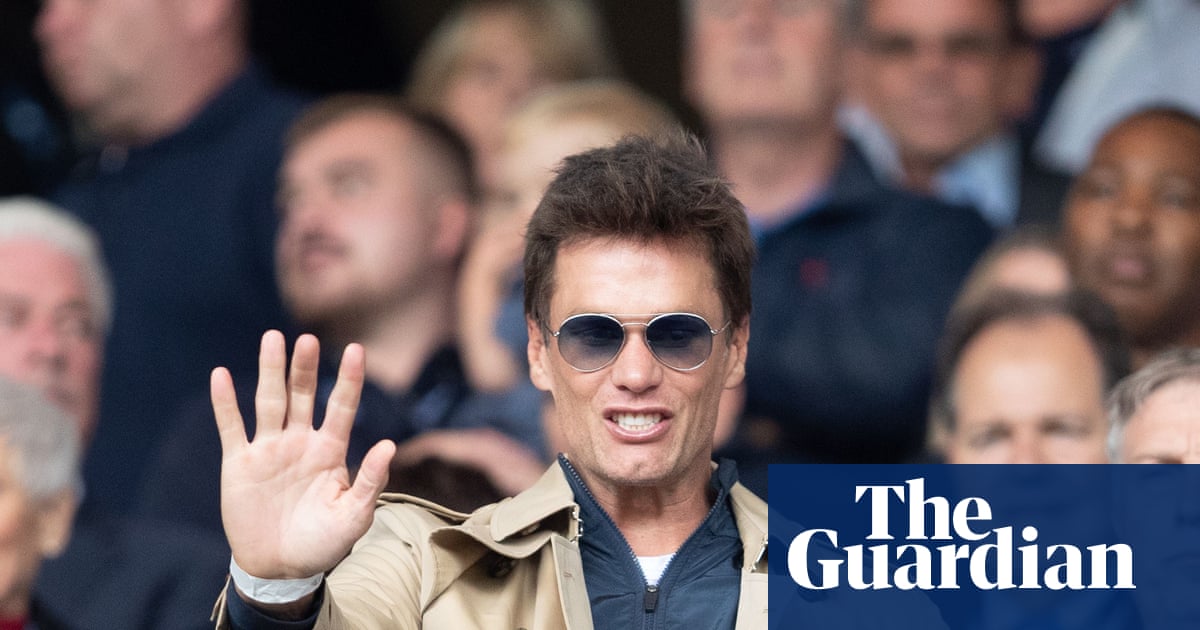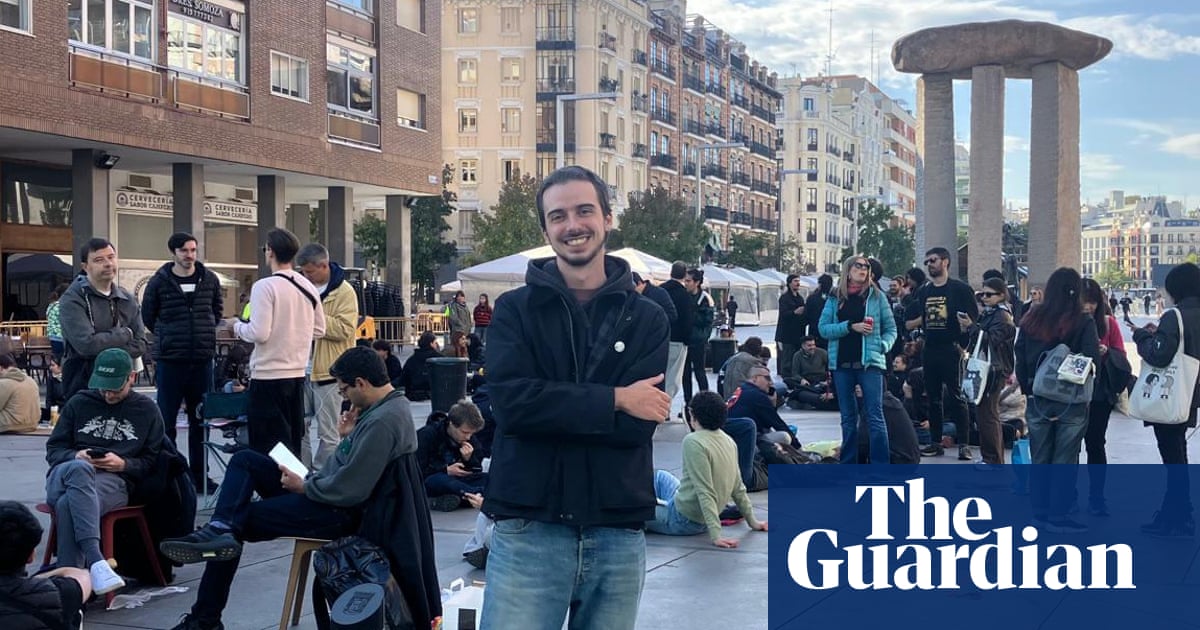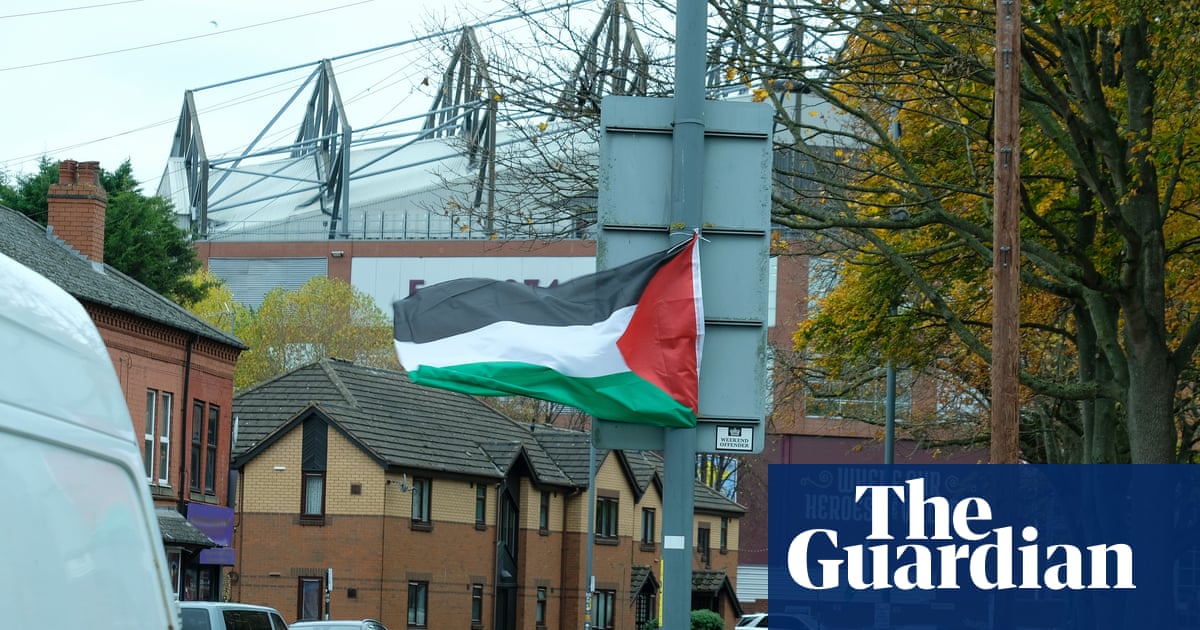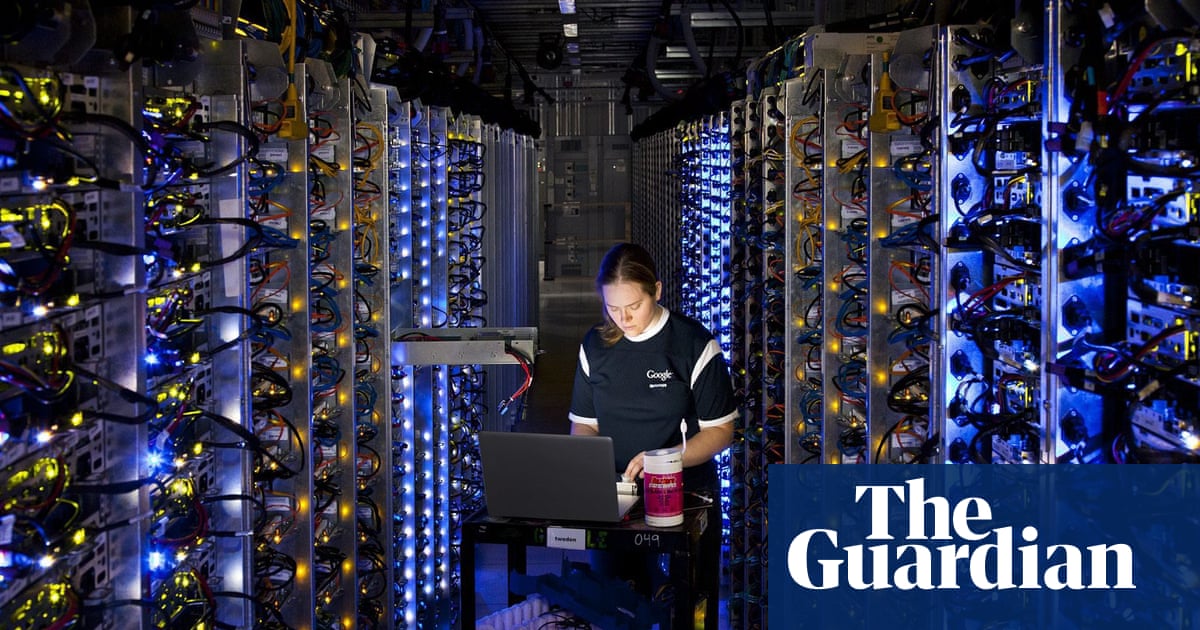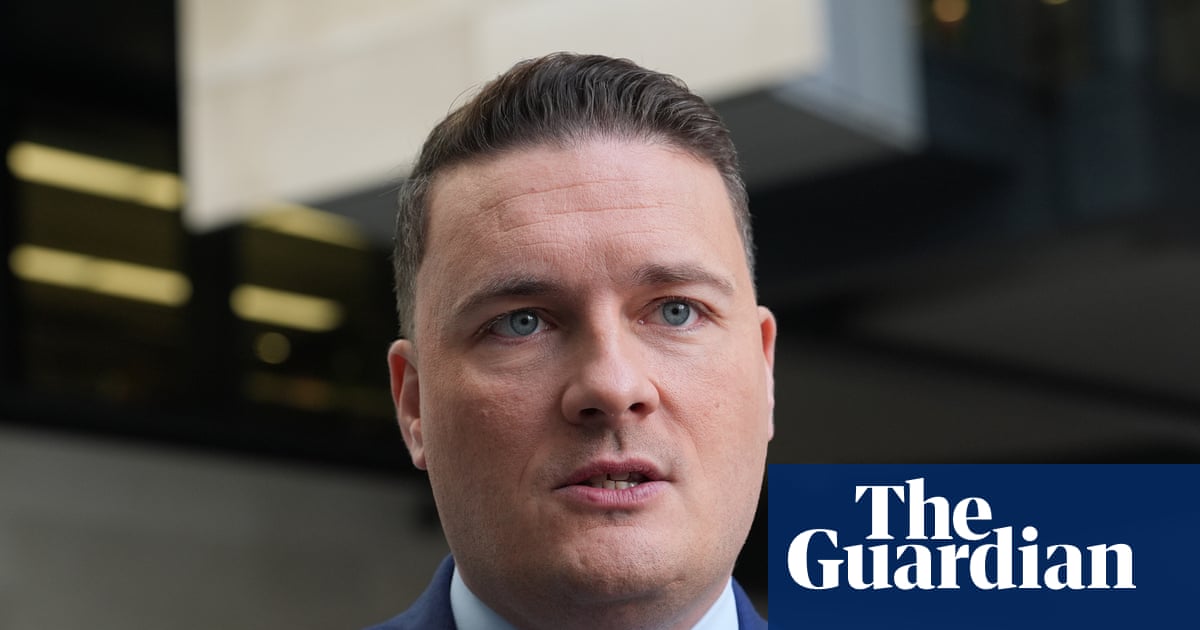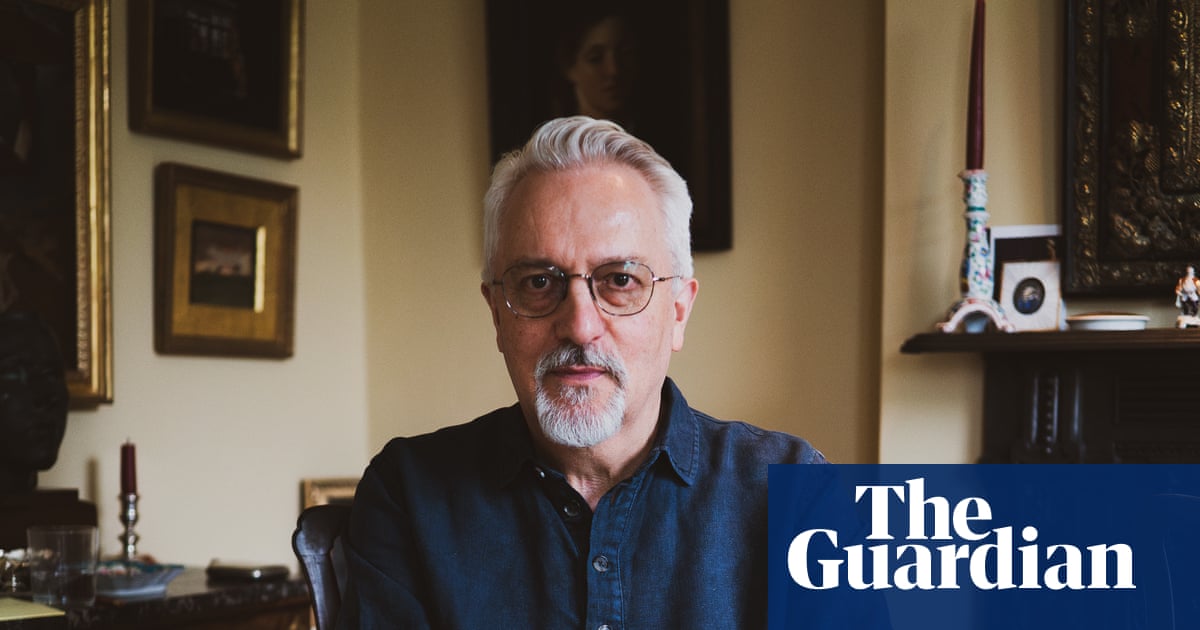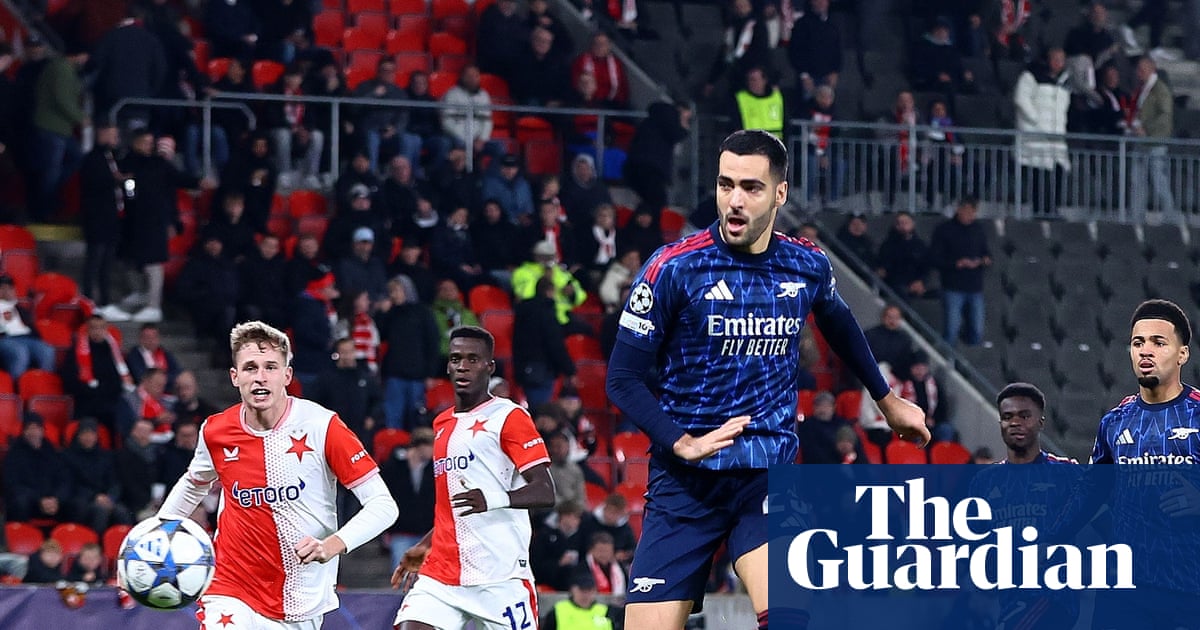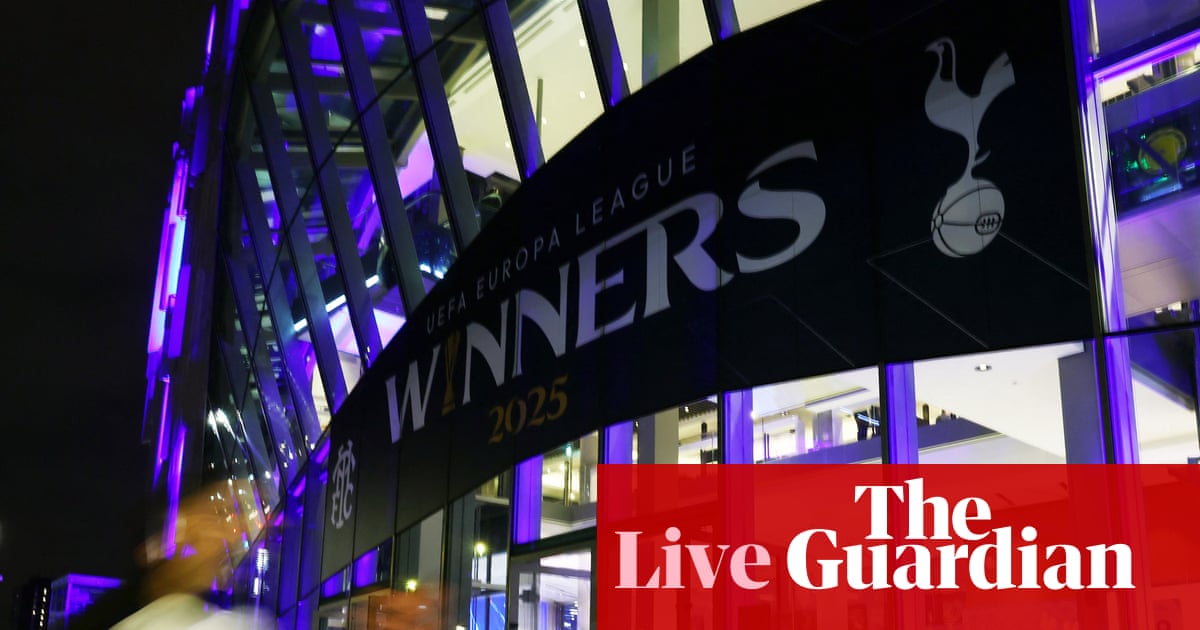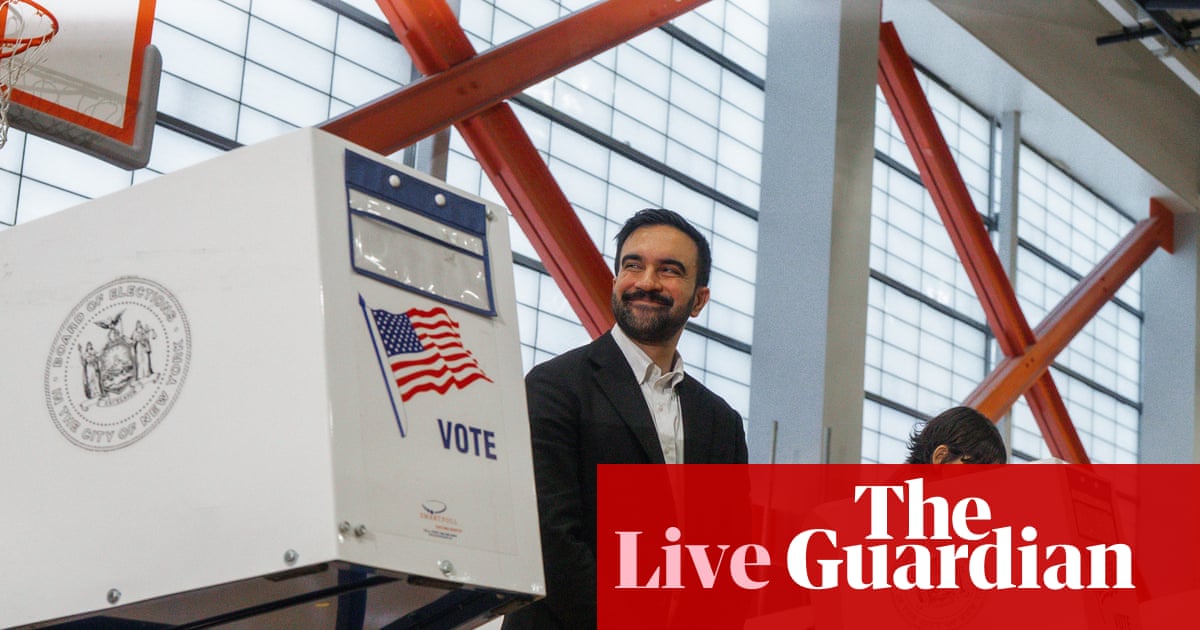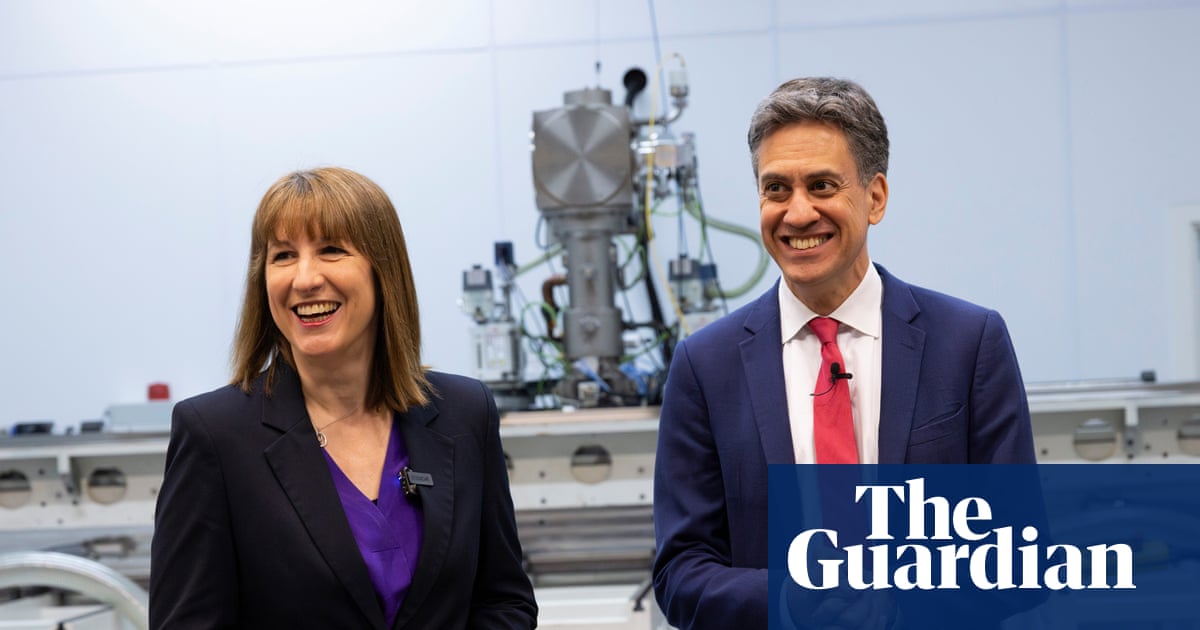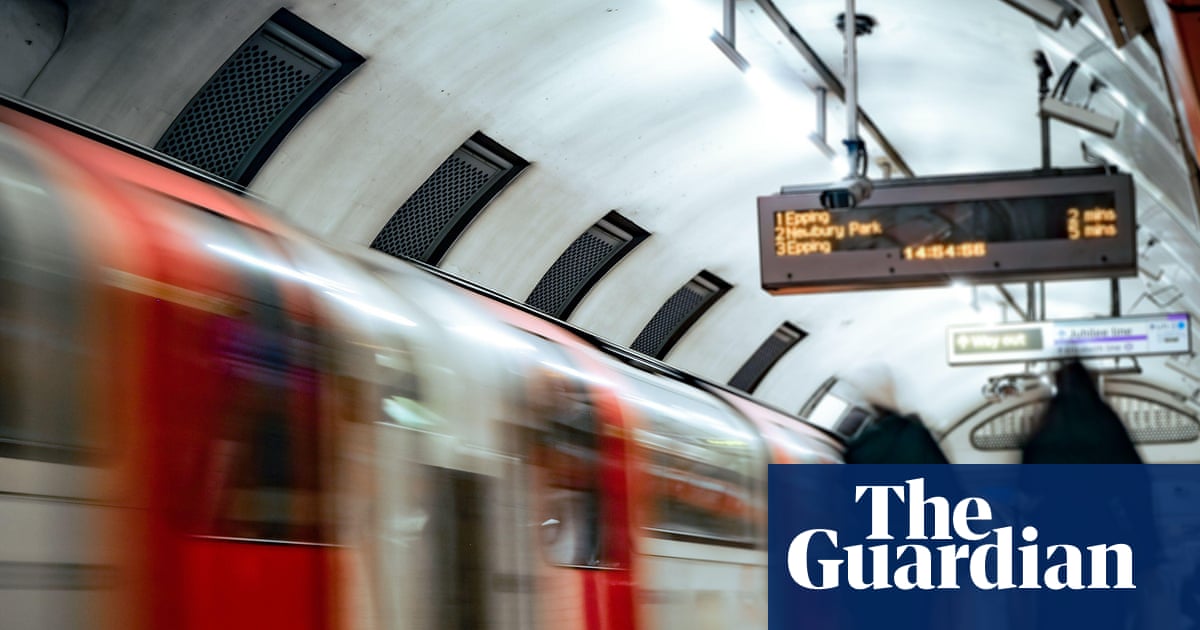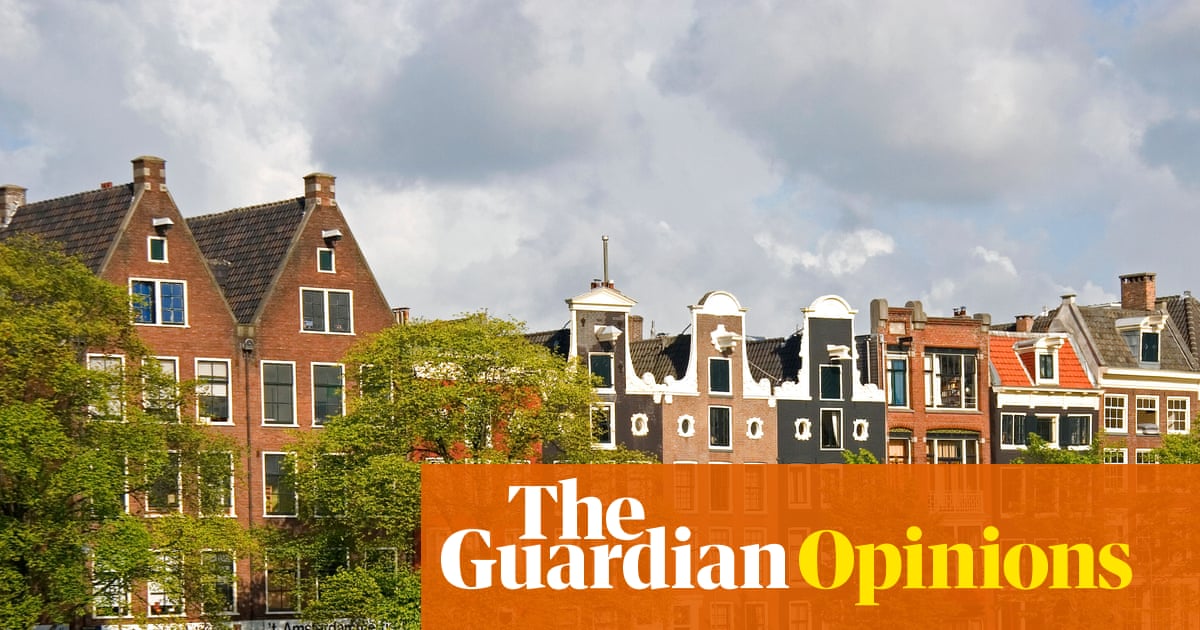A likely by-product of the plans to make drastic changes to jury trials to help deal with the backlog in the criminal courts will be the effect on those campaigning for transformative social justice (Jury-free trials proposed to save criminal justice system from collapse, 9 July).
We can think of three cumulative effects. First, trial by jury represents the only chance for activists who are prosecuted to put their moral case to 12 of their peers, to seek civic exculpation from the reach of oppressive criminal laws. History is replete with examples of acquittals by juries performing the role of conscience of the nation: in January 2022, three Extinction Rebellion activists who stopped a rush-hour train for a little over an hour in central London were acquitted.
A jury is also uniquely positioned to understand the experiences of striking workers facing police brutality (as during the 1984-85 miners’ strike), or those defending their communities against racist violence (such as the 10 Asian men acquitted in 2016 after confronting far-right extremists in Rotherham), and its absence in such cases would open the door to countless wrongful convictions. Finally, removing jury trials reduces the “communicative space” in which activists can engage with people and share their concerns on, say, the climate catastrophe. In the race to streamline the procedures of justice, we risk greater costs to obtaining real justice.
Dr Joanna Gilmore York Law School
Prof David Mead UEA Law School
It used to be said that British justice was the best in the world. If ever that was the case, the Leveson review of the criminal courts shows that this is no longer the case. When I was a crown court judge (2011-19), colleagues and barristers in the criminal courts had to put up with strictures on their ability to do their job. Cuts to the proper funding of cases, to the maintenance of buildings (or their selling-off) and the limiting of “sitting days” have contributed gradually to the criminal courts’ lamentable state.
Sir Brian Leveson was presented with a fait accompli. The court system is broken and prisons are overflowing. No wonder he has had to make recommendations that are not made on principle but purely as a matter of expediency. They are very radical. Two things need to happen to prevent a great injustice in the long term. First, the measures proposed, many of which require legislation, should come to an end when the backlog has been cleared. We could then debate whether any of them should be made permanent.
Second, the judiciary must be given a proper voice. With the redefining of the role of lord chancellor in the Constitutional Reform Act 2005, there has been a succession of politicians whose primary duty has been to support the government in its fiscal policies. We now live with the consequences. The 2005 act should be amended to make the lord chancellor a lawyer and to make their primary duty the welfare of the judicial system.
Owen Davies KC
London
I am a sitting justice of the peace. Magistrates are the experts in juryless trials already. More than 80,000 trials were held in magistrates courts in 2024. As magistrates are unpaid volunteers without formal legal training, appointed from within the communities they serve, it might be argued that they bridge the gap between the paid judiciary and the citizens who currently sit on juries in crown court. They are therefore ideally placed to supplant juries in the situations suggested by the Leveson report.
Name and address supplied

 3 months ago
56
3 months ago
56


